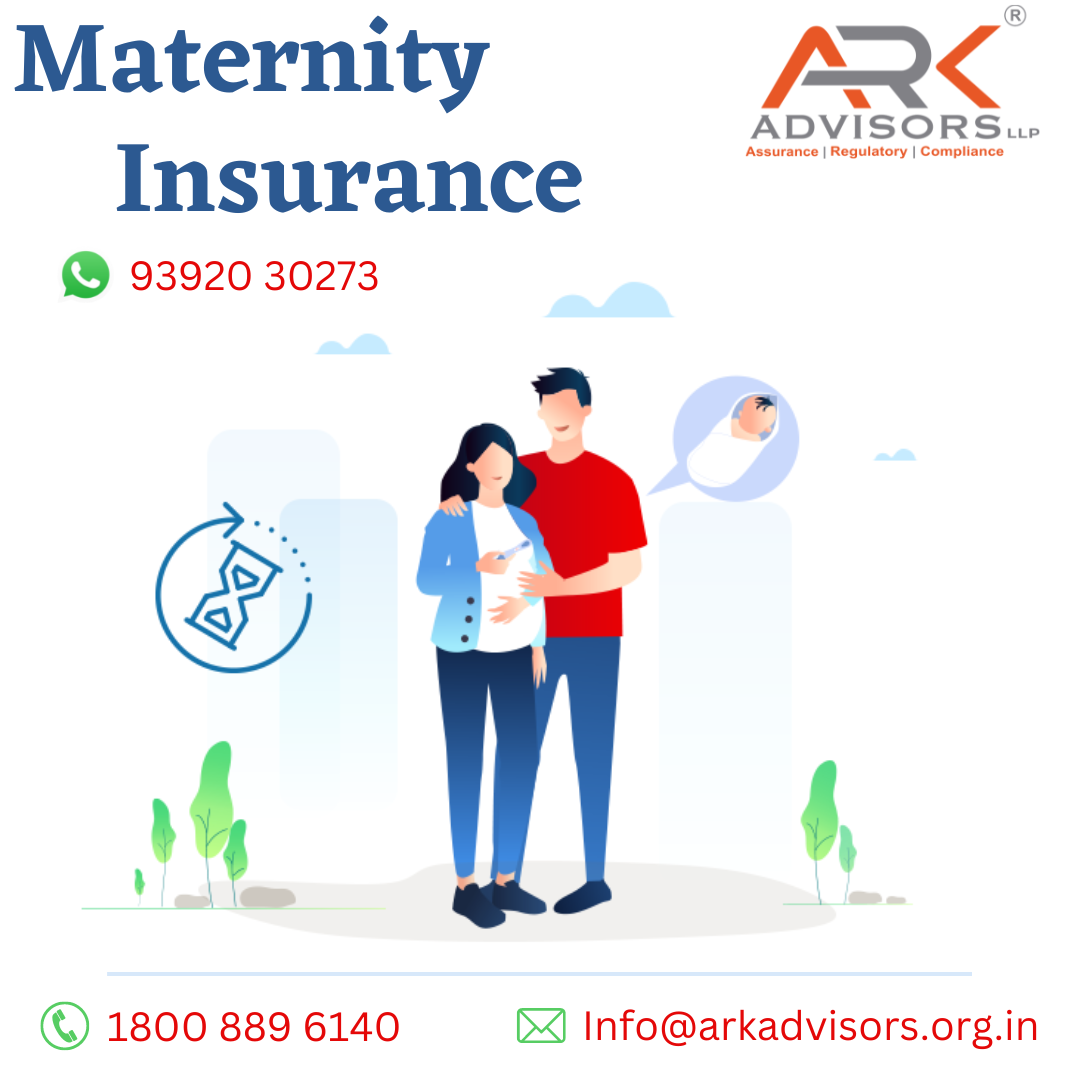A normal delivery in a private hospital in Metro cities will cost you upwards of 50k & a C-section, around 75k or more.
So it makes sense for couples planning childbirth to buy a health policy with a maternity benefit, no? Well, yes, but there are a few things you should know.
First, insurers will increase your premiums considerably when you buy a plan with maternity benefits.
Think- a premium jump of 25% or more!
Next, they’ll tell you that you can only buy a maternity plan if you have your spouse included in it as well.
But one of you is paying for the maternity benefit even though you won’t ever be making a claim yourself.
Men don’t give birth to children and as such, the insurer is getting you to pay for something they know isn’t applicable to both of you.
And finally, they will tell you that you can only make a maternity claim after 3 years of holding the policy, give or take. And they’ll also place sub-limits :-
For instance, 30,000 for normal childbirth, 50,000 for a C-section etc. So it’s entirely possible that you may pay more in premiums during a policy term compared to the actual costs associated with childbirth.
However, there might still be some utility here. If your newborn has complications that require urgent medical attention, a maternity cover can be very useful- since most plans cover your newborn with Day 1.
Maternity benefits are largely offered through add-on covers i.e., optional riders in the base health policy with additional premium payable. These benefits are available in varying combinations of features and conditions that differ across insurers.
Listed below are seven key policy features to be aware of before buying health insurance with maternity coverage.
1] Waiting period:
Most insurance companies in India require a waiting period on maternity coverage which could range from nine months to four years. This means that an ongoing pregnancy will not be covered by a standalone health insurance cover. Even if the mother-to-be is insured under group medical cover (either as the primary member or the spouse of the employee), it is important to cross-verify whether maternity is covered at all, and whether the coverage is effective from day 1. If not, then the couple should consider investing in a personal health insurance cover with maternity benefits, well in advance, to minimise medical overheads, and comfortably complete the applicable waiting period in time to avail themselves of the maternity coverage.
2] Pre- and post-partum care:
The chosen option should ideally provide for pre- and post-delivery care-related expenditure (such as diagnostics and ultrasound, regular check-ups, consultations with OB-GYN etc.). Certain insurers offer such benefits up to a specified number of days (for example, some plans cap this at 90 and 45 days, respectively). It is important to note that not all plans with maternity riders offer such features. It would be prudent to cross-verify the inclusion of these expenses within the shortlisted plan to avoid any claim rejections in future.
3] Delivery charges and room category:
Childbirth surgical procedures related to normal or caesarean delivery should be included in the maternity coverage, preferably up to the sum insured amount of the plan. Moreover, the new mother should have access to the desired room in the hospital (single A/C or suite), so that she can recover in comfort.
4] Sub-limits:
Maternity expenses-related coverage amounts could vary from a pre-determined sum to a percentage of the overall sum insured amount. In some plans, it could be up to the full sum insured amount, subject to policy conditions. Some insurers allow policyholders the flexibility to decide on the requisite maternity coverage amount for a nominal additional premium.
5] Exclusions:
Certain aspects of pregnancy, such as deliberate terminations, unless medically advised, ectopic pregnancies, assisted reproductive treatments (such as IVF) etc. could be omitted from maternity coverage. It is important to go through the terms and conditions attached with the maternity coverage to ensure complete understanding of all the nuances.
6] Other terms and conditions:
One should look out for other relevant terms and conditions, such as the number of deliveries allowed (some insurers allow up to maximum two deliveries during lifetime), maximum age of the mother (some plans specify 45 years of age). Few insurers insist that the spouse should also be covered under the same floater plan.
When is the Time to know when to Buy Maternity Coverage?
Here is the Answer!
If you are thinking when the right time to buy a maternity cover is, then the answer is nothing but as early as possible. Do not delay in opting for this coverage when you plan to have a baby. There are various glitches in availing maternity benefits at the right time. Check out some below:
1. Waiting Period and Pre-Existing Clause
A waiting period is a specific period of time during which you cannot avail maternity coverage under your health insurance policy. Health insurance policies do not provide maternity coverage when the policy is bought, though. They provide this coverage after 2 to 6 years. This is known as the waiting period for maternity coverage. In addition, you are not eligible to avail a new maternity coverage plan if you are already pregnant. In that case, pregnancy would be considered as a pre-existing condition and would not be covered under maternity coverage. To avail this coverage, make sure you are covered by a policy 2 years before planning to conceive a child.
2. Hike in Premiums with Age and Time
This is a bitter truth that the premium of maternity coverage increases with the age. In case you delay to avail this insurance coverage, you would have to pay a higher premium to get all the benefits of maternity coverage. In addition, expenses related to motherhood and child care are increasing day by day. Therefore, if you delay, you might not be able to opt for an affordable maternity plan.
So if you’re a married couple looking for the best health insurance, you can talk to Your Health experts for honest insurance advice Or Book a free call with us at 1800 889 6140/Whatsapp us with your queries on 93920 30273.





